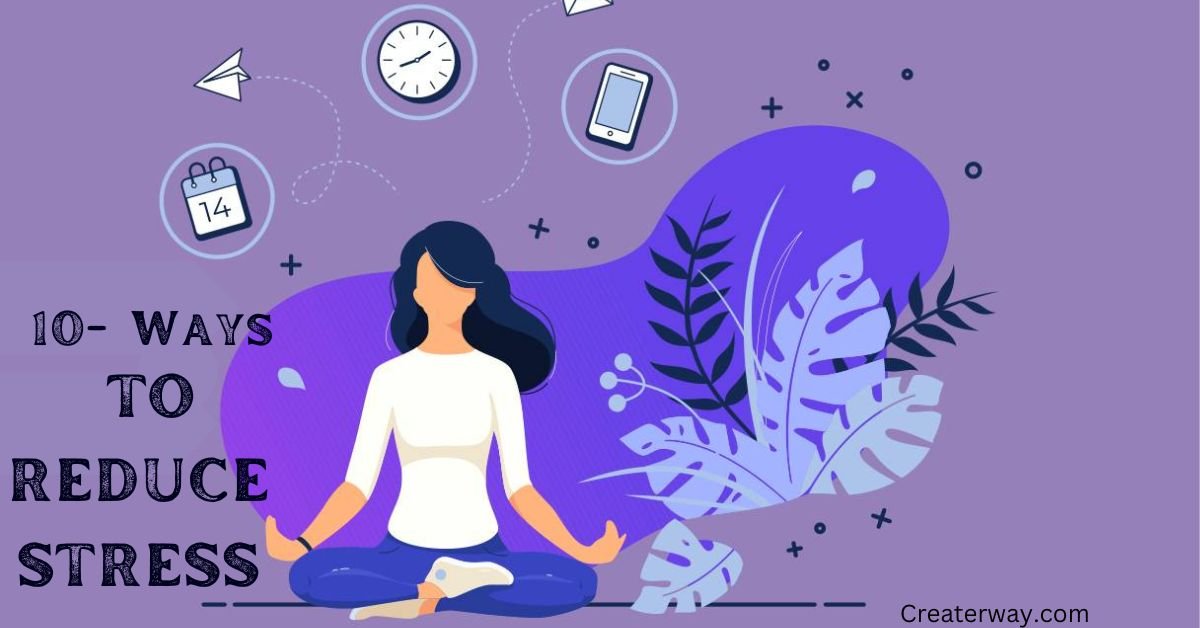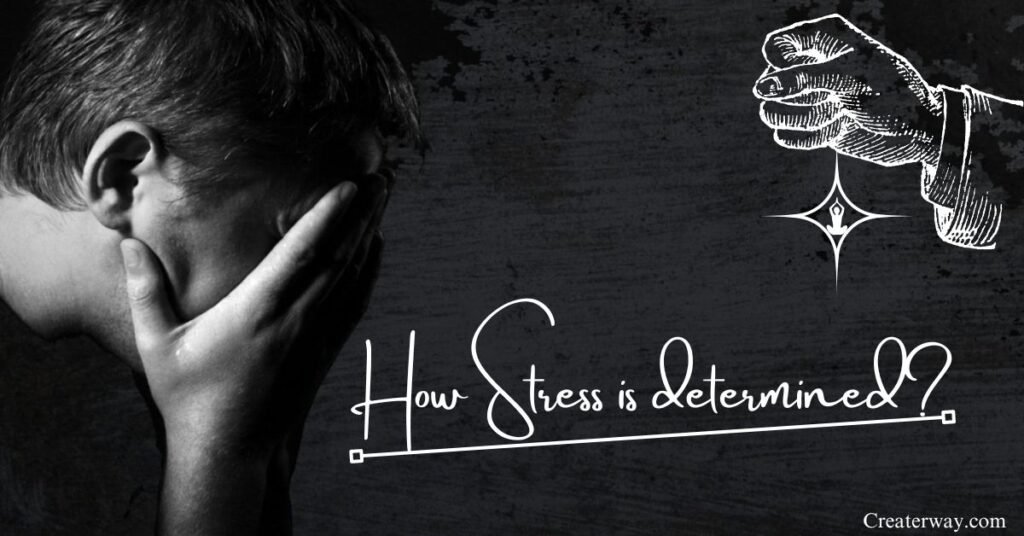HEALTH
10 WAYS TO REDUCE STRESS

10 WAYS TO REDUCE STRESS? Stress is a common type of human reaction that pop-up in the form of depression, overthinking, and anxiety. It brings out to address how we face the threads, difficulties, and challenges of life. Almost every human experience it once in their life. That makes a person’s life deeply pressured and threatened. In that situation, a person feels physical tension and mental emotions. Stress in a person’s body creates physical disorders in the body.
STRESS SYMPTOMS
The nervous system autonomically got the authority to control your heart rate, breathing, vision changes, and more. Its integral stress response is in the form of a physiological reaction. And the response, the body faces stressful situations. When a person has day-to-day stress, continued activation of the stress response causes wear and tear in the body.
Physical symptoms of stress include:
- Headaches or Migraines.
- Discomfort in the chest or throat
- Sleep disturbances, including insomnia
- Hair loss or excessive shedding High blood pressure.
- Change in taste
- frequent nosebleeds or sinus problems
- Weak immune systems
- Unexplained weight gain or weight loss
Stress can show emotional and mental symptoms like:
- Loss of interest
- Dissociation
- Depression.
- Panic attacks.
- Sadness.
- Anhedonia
- Anxiety
- Irritability
People with stress try to control themself by using unhealthy behaviors, including:
- Avoiding eating
- Drinking alcohol too much
- Smoking
- Compulsive shopping
- Internet addiction
- Using drugs
- Hypervigilance
- Gambling.
- Overeating
How Stress is determined?

Stress is not measured through any instrument or test. It is determined through a combination of self-reporting and physiological measurements. Self-reporting involves individuals evaluating and expressing their perceived level of stress using various questionnaires. Physiological measurements, like heart rate, blood pressure, cortisol levels, and galvanic skin response, produce objective data about the body’s response to stress.
What are the approaches to releasing stress?
10-ways-to-reduce-stress? Releasing stress in a uniquely human method includes finding activities or techniques that resonate with you personally. There are some general steps to help you discover your own unique approach to relieving stress:
Self-reflection:
Take some time to reflect on activities or experiences that gives you joy, relaxation, or a sense of peace. Consider past experiences where you felt stress-free and identify what elements contributed to that state.
you are reading this on Createrway
Mindfulness and self-awareness:
Practice being present and accommodating to your body and mind. Pay attention to how different activities affect your stress levels and emotional well-being. Notice which activities bring you a sense of calmness and relief.
Nature immersion:
Spend time in nature and connect with the natural environment. This can include activities like gardening, hiking, or sitting in a peaceful outdoors. Nature has a calm effect on your mind and body and can help to release stress levels.
Sensory activities:
Engage in sensory-based activities that provide relaxation and stress relief. This can include taking a warm bath with soothing scents or listening to calming music or sounds.
Volunteering or Acts of Kindness:
Engaging in acts of kindness or volunteering for a cause you care about can provide a sense of purpose, and fulfillment, and reduce stress by shifting the focus away from worries.
Seek professional help TO REDUCE STRESS:
If stress becomes huge or begins to interfere significantly with daily functioning, it may be beneficial to seek the guidance of a mental health professional who can provide appropriate support and guidance.
Set realistic goals and manage time effectively:
Prioritize tasks, break them into smaller parts, and create a schedule to avoid feeling overwhelmed and stressed by deadlines or responsibilities.
Maintain a healthy lifestyle:
Eat a portion of balanced food, take care of your diet, get complete sleep, and limit the consumption of substances like caffeine, alcohol, and baccy., as they can magnify stress.
Exercise regularly:
Regular physical activity, such as walking, jogging, or dancing, helps reduce stress by improving mood and promoting better sleep.
Animal therapy:
Spend time with animals, whether it’s interacting with your own pets. Animals can provide comfort, companionship, and a sense of calmness that can help reduce stress.
Stress can be a short or long-term issue, depending on what changes in your life. Daily use of stress strategies can assist to control your physical, mental, and behavioral signs of stress. Everyone is unique, and what works for others may not work the same way for you. Trust your instincts, listen to your body, and prioritize activities that truly vibrate you.
Refrence of this post



















